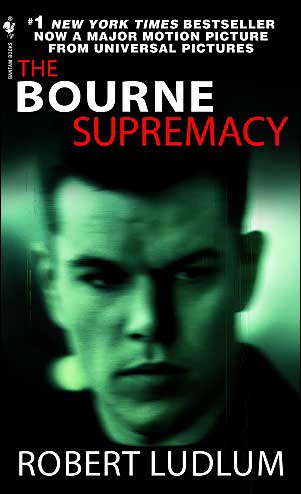
I recently picked up a copy of Charles W. Sasser’s book, Patton’s Panthers. It is about the 761st Tank Battalion, the first African-American tankers to see combat in World War Two.
I have read quite a bit of the history of World War Two. It has always been a fascinating subject, but the story of these men and the war from their point of view was a real eye- opener. I have always known that the country and the military was segregated back then. I have always known that racism was prevalent and pervasive. But I never truly understood what that racism really was like. This book really opened my eyes and it made me angry.
I am angry and ashamed. These men fought for their country, fought valiantly and well, yet their country did not fight for them. They endured the same hardships as the white troops, fought in the same battles, yet were ignored by history. I am thankful that their story has finally been told.
The 761st Tank Battalion was called the Black Panthers. Their motto was “Come Out Fighting.” And they lived up to that motto. They fought for 183 days straight. They fought in Normandy and the Battle of the Bulge. They fought their way across Europe and into Germany. They took horrific losses. They defeated more than 130,000 enemy soldiers. They captured thirty towns and liberated concentration camps. All of this and still there were senior officers that still would say that the black soldiers were cowardly and lacked drive. Lies and slander.
Paul Bates was a major when he assumed command of the 761st. He told his troops that even though the Army thought the black soldiers would not fight, that the 761st would prove them wrong. He refused to believe that the men under his command were not worthy to fight. His men came to love him.
I first picked up this book to read more of Staff Sergeant Ruben Rivers, an Oklahoman who was awarded the Medal of Honor for his fighting in France. But in reading it, I found many, many more heroes. The 761st only had one man run, a white major. Not one single black soldier refused to fight. I cannot even begin to tell their story here. I can only tell you to read this book.
The black soldiers in World War Two paved the way for the end of segregation. Staff Sergeant Johnnie Stevens fought his way across Europe and returned to Ft. Benning and received his Honorable Discharge. He was waiting at the bus station wearing his dress uniform with a chestful of medals. He started to get on the bus to return to New Jersey and home when the bus driver barked, “Hey, boy! You got to wait a minute!” Johnnie’s first reaction was, “Here we go again, nothing has changed.”
The 761st fought in four major Allied campaigns, across six countries. They received 391 medals for heroism, with 7 Silver Stars, 56 Bronze Stars for Valor (SSG Rivers was later awarded the Medal of Honor by President Clinton). All of this and nothing had changed.
There were eight veterans of the 26th Infantry Division with whom the 761st had fought with in France waiting to get on that bus. A tough looking white sergeant stepped forward and grabbed the bus driver’s lapels.
“Hey, don’t you see those god-damned medals on that man’s chest? He was with us in combat, now he is gonna get on this god-damned bus, and he is gonna ride up front with us.” The sergeant growled. “Got it? Sergeant Stevens, get on the god-damned bus.”
Something did change, and it is a good thing it did.






